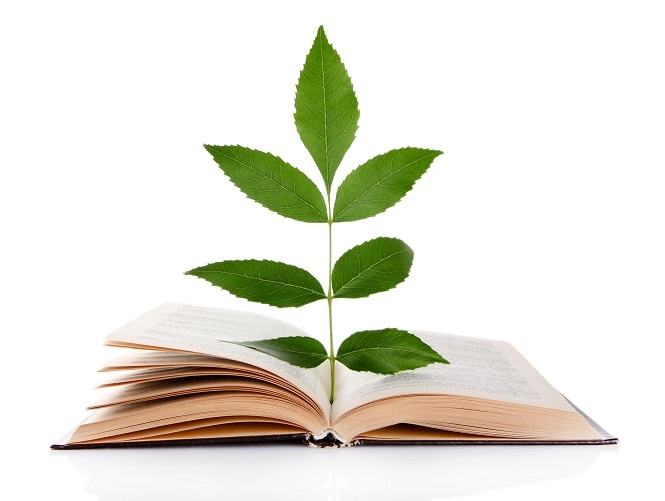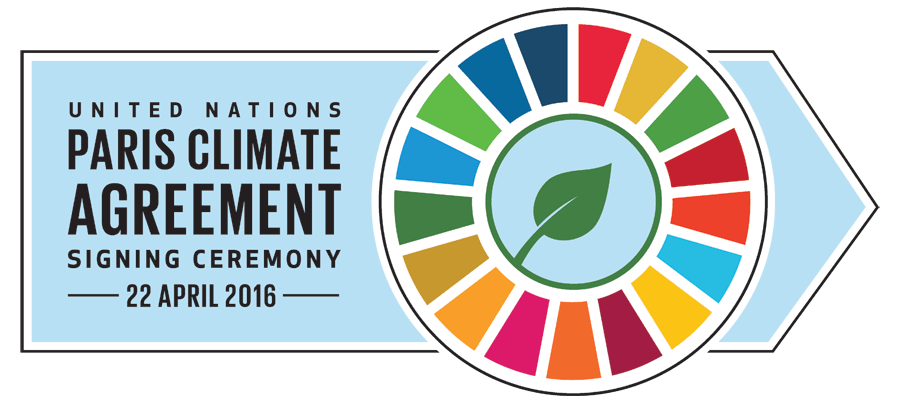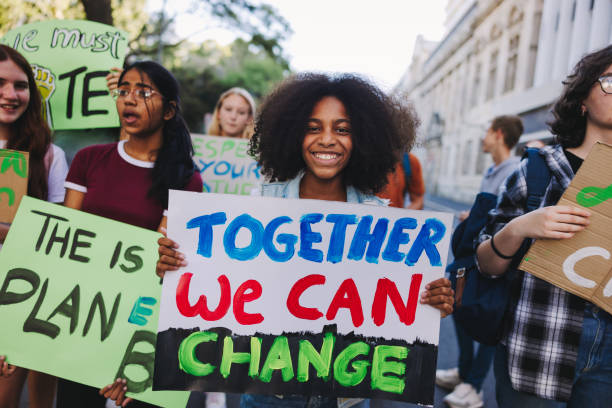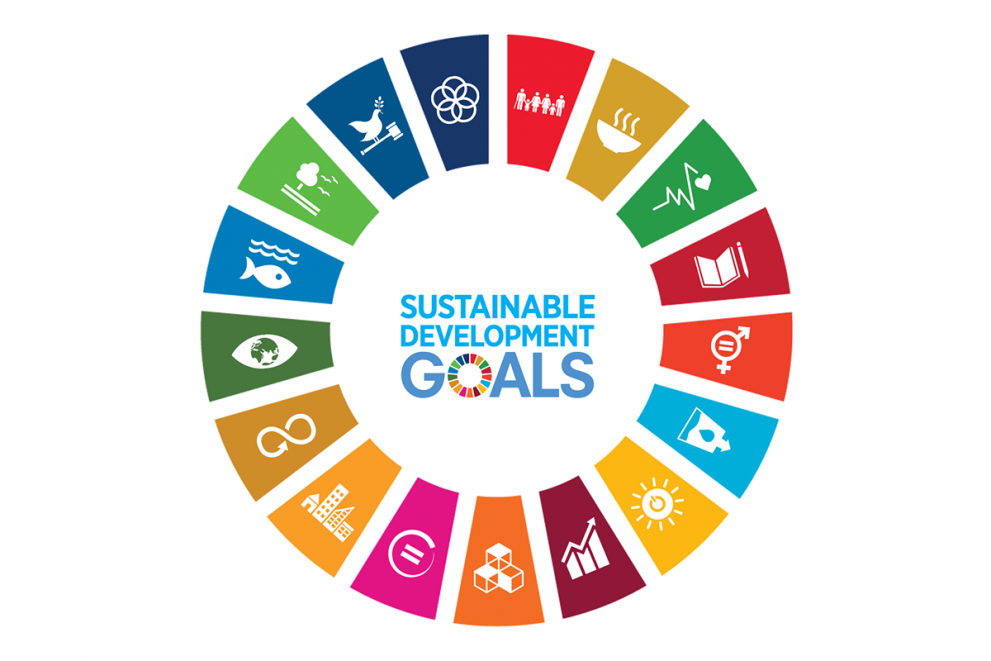climate change biodiversity
After the COP27 on climate change, representatives from around the world will meet from 7 to 19 December in Montreal for the COP15 Biodiversity, with a new challenge: to approve a roadmap to safeguard nature by 2030.
This is a crucial issue, say scientists, especially for the major role that biodiversity plays in the fight against climate change, even though it is one of the first victims.
While the number of species extinct due to climate change remains low, the increase in extreme weather events is also causing more and more mass mortality events in mammals, birds, fish and trees. “In Australia, 45,000 flying foxes, a species of bat, died in a single day of heatwave,” she exclaims. Another example: this summer in France, record temperatures led to a marine heat wave in the Mediterranean, killing thousands of fish and shellfish.
How many citizens are aware of the indirect impact of climate change on biodiversity? Do we need to improve communication about this topic? How?
https://www.france24.com/fr/plan%C3%A8te/20221206-la-biodiversit%C3%A9-%C3%A0-la-fois-victime-et-outil-de-lutte-contre-le-r%C3%A9chauffement-climatique









I think that in the last five years, awareness of the ongoing climate change has been spreading. An increasing number of people are noticing the first effects of climate change on our lives through very tangible events and facts.
I believe, however, that the recent awareness of the effects of climate change is limited to the changes that we personally perceive as a society. Awareness of the effects of these changes on animal and plant species is understood only through the prism of the effects on us as humans, and not through the effects on them as individual species.
In my view, an important goal in time is for us as a society to take an empathetic stance towards climate change experienced by non-human species. However, given the urgency of the situation, a shorter term action would be to show how the ongoing extinction of animal and plant species due to climate change is concretely impacting and will concretely impact our lives.
A communication strategy including this position would therefore, in my opinion, be effective in the very short term and would help to accelerate global awareness on this subject. In a second time, it would be necessary to raise awareness to abandon a human-centered position and to develop empathy towards other animal and plant species.
In my opinion, biodiversity is a crucial element in reducing the effects of climate change. Ecosystems around the world are interrelated, and the extinction of one species can have an impact on the ecosystem as a whole. In addition to strengthening ecosystem resilience, biodiversity supports vital ecological functions such as soil stabilization, nitrogen cycling, and carbon sequestration. To preserve the long-term health and stability of our ecosystems, we must safeguard and conserve biodiversity.
Moreover, I believe several strategies, including protected areas, habitat restoration, and sustainable land-use techniques, can be used to accomplish this. By cutting greenhouse gas emissions and moving to a low-carbon economy, we can address the underlying causes of climate change.
I fully agree! Indeed, biodiversity is essential for mitigating the effects of climate change. The interconnectedness of ecosystems and the role of biodiversity in ecological functions are essential for the health and stability of our planet. Efforts at conservation and sustainable practices, combined with tackling the root causes such as reducing greenhouse gas emissions, are essential steps towards a more sustainable future.